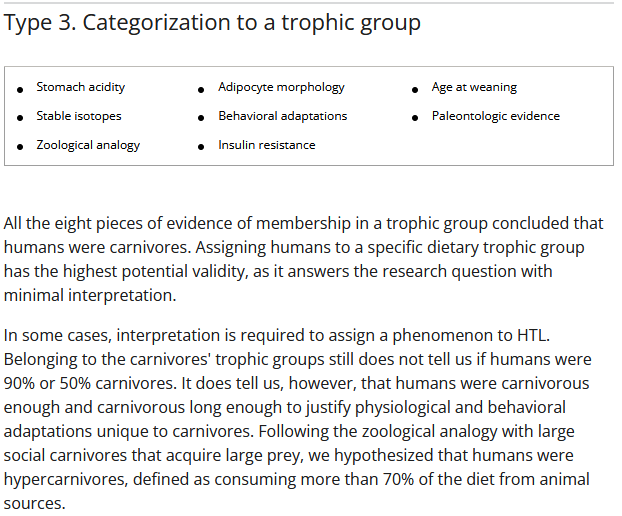I’m just gonna jump in and reply here - because I lived through the oxalate hell. I think I was around 51 or 52 ish. Had been on a clean Keto and doing quite well along with IF/EF, but decided to take it up a notch. So…did a 7 day fast. before transitioning to carnivore. Day 2-3 of the fast, the “oxalate dump” was oh, so very real and painful. Thought my body was being destroyed from inside. But, after about 24 hours of that hell, I woke up a new person. Day 4 of the fast, my body began a journey back to its youth. Had not felt that good since I was 15!!!
With a clean Keto eating plan, you still run the risk of getting bombarded with oxalates - in cashews. almonds, spinach, peppers, eggplants, etc. With Carnivore, there is none of that. Now, that is not to say munching on a handful of nuts isn’t a wonderful treat on rare occasion, but they should be macadamia or walnuts or maybe pecans.
Given that I’m 55 now, and have undergone multiple knee operations, and still dealing with the aftermath of a broken foot bone - I’ve found a heightened sensitivity to oxalates. I’ve tried, and adding oxy foods to my diet just wreaks havoc! Honestly, I just feel all around healthier and younger just eating meats, eggs, butter, and a little HWC in the morning coffee.
Doing an extended fast seemed to be the most logical way for me to wipe the slate clean and start over. So, here’s to hoping everyone finds that “Sweet Spot” in their carnivore adventure!
 For what it’s worth, I hedge my bets with some fiber every few days.
For what it’s worth, I hedge my bets with some fiber every few days.
 We just want the main stuff, not the sunflower oil
We just want the main stuff, not the sunflower oil 



 Dr. Andreas Eenfeldt compares keto with daily showering–if you stop either, you can expect the benefits (metabolic health, cleanliness) to go away.
Dr. Andreas Eenfeldt compares keto with daily showering–if you stop either, you can expect the benefits (metabolic health, cleanliness) to go away.